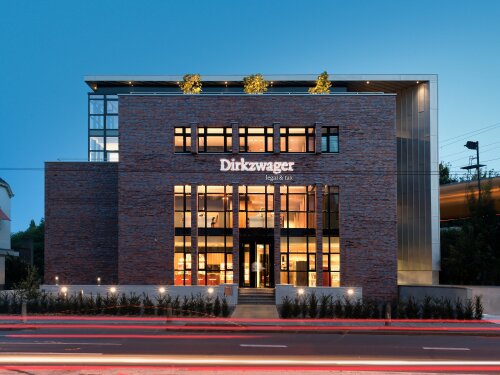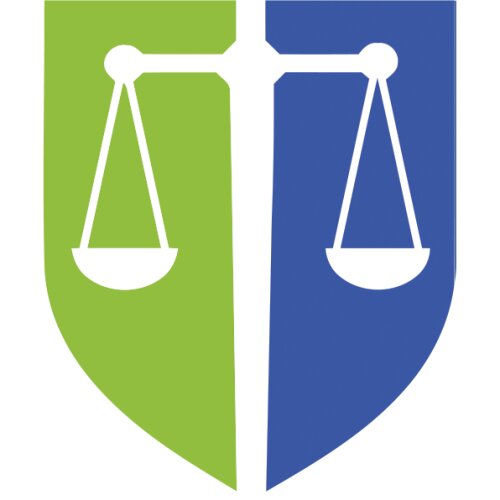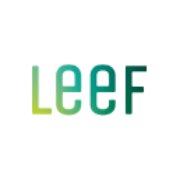Best Conveyancing Lawyers in Arnhem
Share your needs with us, get contacted by law firms.
Free. Takes 2 min.
Free Guide to Hiring a Real Estate Lawyer
List of the best lawyers in Arnhem, Netherlands
About Conveyancing Law in Arnhem, Netherlands
Conveyancing in Arnhem, and throughout the Netherlands, refers to the legal process of transferring ownership of real estate from one party to another. This procedure involves drafting and signing a purchase agreement, performing due diligence on the property, preparing all necessary documentation, and finally transferring the title by registering the deed with the Dutch Land Registry (Kadaster). In the Netherlands, conveyancing is strictly regulated, and several stages of the process require the involvement of a qualified legal professional, particularly a notary (notaris), who acts as an impartial party to ensure the legality of the transaction.
Why You May Need a Lawyer
Purchasing or selling a property in Arnhem can be complex, especially for those unfamiliar with Dutch property law. Common situations where legal assistance in conveyancing is advisable include:
- Ensuring that all legal requirements for the transfer are met
- Identifying and resolving any encumbrances, easements, or liens on the property
- Drafting, reviewing, or negotiating the purchase agreement
- Advising on tax implications and fees
- Representing clients in case of disputes over property boundaries or hidden defects
- Helping non-residents navigate the unique aspects of Dutch conveyancing laws
- Coordinating with the notary to ensure smooth completion and registration of ownership
Local Laws Overview
Several key legal principles govern conveyancing in Arnhem and the rest of the Netherlands:
- Role of the Notary - Only a licensed notary can legally transfer real estate ownership. The notary acts impartially, securing the interests of both buyer and seller.
- Purchase Agreement (koopovereenkomst) - The initial contract outlines the terms of sale. It is binding upon signature, though buyers usually have a three-day cooling-off period.
- Due Diligence - Legal checks must confirm that the seller owns the property free from unauthorized liens or restrictions. The notary usually performs these checks.
- Transfer Deed (akte van levering) - This deed, signed at the notary's office, formally completes the transfer.
- Registration at Kadaster - The notary registers the transfer deed and mortgage deed with the Dutch Land Registry, updating the property’s legal title.
- Tax Obligations - Buyers typically pay transfer tax (overdrachtsbelasting) and notary fees. Specific rules apply to first-time buyers or new builds.
- Foreign Buyers - There are generally no restrictions on foreign ownership, but legal advice is crucial to comply with residency, financing, and tax regulations.
Frequently Asked Questions
What is the role of the notary in Dutch conveyancing?
The notary is a licensed legal professional required by law to draft the transfer deed, verify legal ownership, perform due diligence, and register the transaction with the Land Registry. The notary acts as a neutral party representing both buyer and seller.
Do I need a lawyer if there is already a notary involved?
While the notary oversees the legal aspects of the transfer, a lawyer can provide independent advice, represent your interests in negotiations, and handle complex legal issues or disputes that may arise.
How long does the conveyancing process take in Arnhem?
Typically, the process takes several weeks to a few months, depending on factors such as mortgage approval, due diligence findings, and agreement between parties. Delays may occur if legal issues are discovered.
What costs are involved in buying a property?
Buyers generally pay transfer tax (overdrachtsbelasting), notary fees, registration fees, and possible legal fees. The transfer tax rate is usually 2 percent for residential properties, but exemptions or different rates can apply.
Is it possible for foreigners to buy property in Arnhem?
Yes, there are no general restrictions on foreign ownership. However, non-residents may face additional requirements, such as obtaining a Dutch tax number or meeting specific mortgage conditions.
What is included in the due diligence process?
Due diligence typically covers verifying legal ownership, checking for encumbrances, assessing the property’s boundaries, reviewing municipal regulations, and investigating environmental risks or hidden defects.
Can I back out of a purchase after signing the agreement?
Buyers benefit from a statutory three-day cooling-off period after signing the purchase agreement. After this period, withdrawing may result in penalties, unless contractual clauses allow it.
What happens if hidden defects are discovered after purchase?
The seller is obliged to disclose known defects. If hidden defects are later discovered that the seller failed to disclose, legal remedies may be available, including seeking compensation.
Are verbal agreements valid in conveyancing transactions?
No, Dutch law requires all property transfers to be recorded in a written agreement and notarized in a deed for the transfer to be legally valid.
When is the transfer of ownership officially completed?
Ownership is officially transferred when the transfer deed is signed at the notary’s office and registered with the Dutch Land Registry (Kadaster).
Additional Resources
For more information and support regarding conveyancing in Arnhem, consider these resources:
- Kadaster (Dutch Land Registry) - Official body managing property registration in the Netherlands
- Koninklijke Notariële Beroepsorganisatie (KNB) - The Royal Dutch Association of Civil-law Notaries provides information on finding notaries and their roles
- Gemeente Arnhem - Local municipal office for planning permissions, zoning, and related property information
- Netherlands Bar Association - For finding qualified lawyers specialized in real estate law
- Belastingdienst (Dutch Tax Authority) - Information on transfer tax and property-related taxes
Next Steps
If you are considering buying or selling property in Arnhem, Netherlands, take the following steps to ensure a smooth conveyancing process:
- Research and select a reputable notary in the Arnhem area with experience in real estate transactions.
- Consult with an independent lawyer specializing in Dutch property law for tailored advice, especially if the transaction involves complex legal issues.
- Gather and review all necessary documentation related to the property, including land registry extracts, zoning information, and legal title.
- Budget for all associated costs, including taxes and legal fees.
- If you are a foreign buyer, ensure you meet any additional requirements or seek legal assistance to navigate them.
- Do not sign any agreements without fully understanding their implications ask your lawyer or notary for clarification as needed.
- Follow all notarial instructions for the signing and registration of deeds to complete the transaction legally and securely.
Legal advice is highly recommended for anyone unfamiliar with Dutch conveyancing laws. Taking these steps will help protect your interests and ensure a successful property transfer in Arnhem.
Lawzana helps you find the best lawyers and law firms in Arnhem through a curated and pre-screened list of qualified legal professionals. Our platform offers rankings and detailed profiles of attorneys and law firms, allowing you to compare based on practice areas, including Conveyancing, experience, and client feedback.
Each profile includes a description of the firm's areas of practice, client reviews, team members and partners, year of establishment, spoken languages, office locations, contact information, social media presence, and any published articles or resources. Most firms on our platform speak English and are experienced in both local and international legal matters.
Get a quote from top-rated law firms in Arnhem, Netherlands — quickly, securely, and without unnecessary hassle.
Disclaimer:
The information provided on this page is for general informational purposes only and does not constitute legal advice. While we strive to ensure the accuracy and relevance of the content, legal information may change over time, and interpretations of the law can vary. You should always consult with a qualified legal professional for advice specific to your situation.
We disclaim all liability for actions taken or not taken based on the content of this page. If you believe any information is incorrect or outdated, please contact us, and we will review and update it where appropriate.













